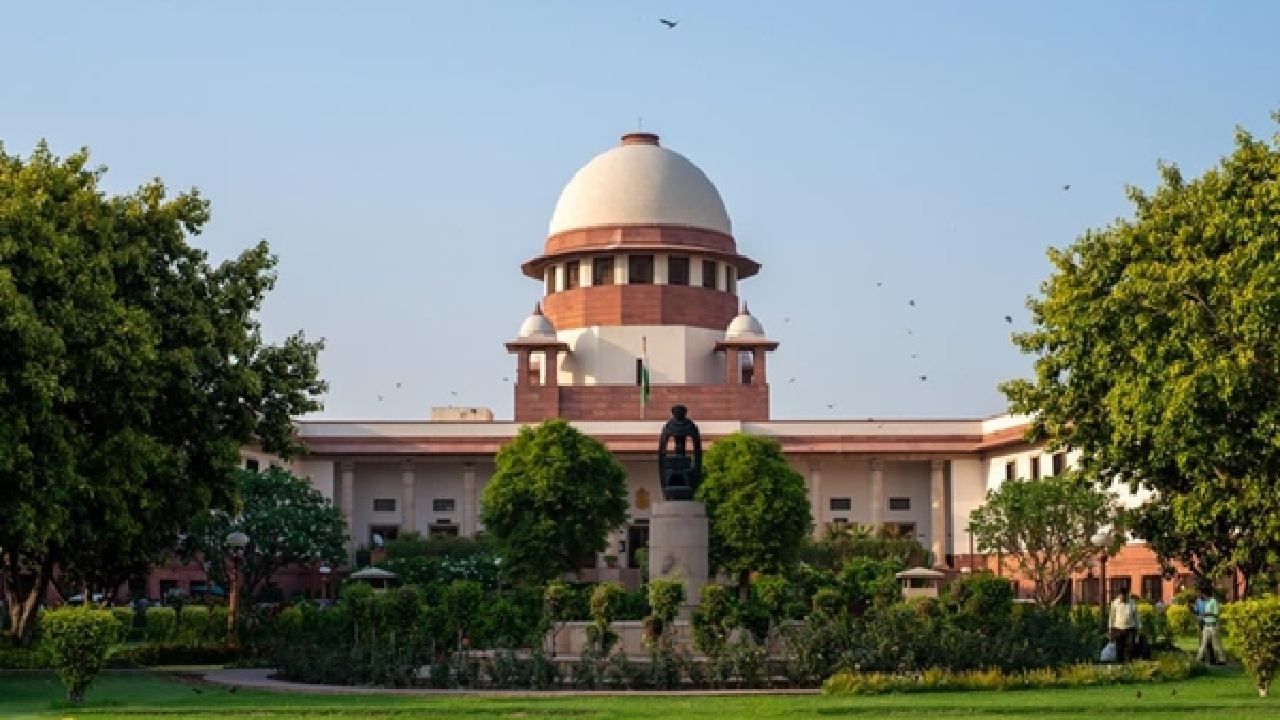New Delhi:
In a landmark verdict that addresses a persistent source of friction between state governments and the Centre, the Supreme Court has ruled that Governors cannot “sit on state bills indefinitely.” However, the court stopped short of prescribing a specific timeline for Governors and the President to grant assent to bills, stating that doing so would violate the principle of separation of powers.
The Core Verdict: A Balance Between Accountability and Constitutional Propriety
The Supreme Court’s ruling came as it pronounced its opinion on a presidential reference seeking its view on fixing timelines for constitutional authorities to act on bills passed by the legislature. The court firmly held that the phrase “as soon as possible” in the Constitution has significant constitutional intent and must be read into the conduct of the Governor. It emphasized that a Governor’s inaction on a bill—by neither granting assent, withholding assent, nor reserving it for the President’s consideration—effectively vetoes the will of the legislature and is a constitutionally impermissible course of action.
Why the Court Refused to Set a Specific Deadline
Despite its strong stance against indefinite delays, the bench clarified that it cannot impose a rigid timeframe for Governors to decide on bills. The court reasoned that prescribing a fixed deadline, such as a specific number of days, would be tantamount to “rewriting the Constitution” and “trampling upon the separation of powers.” It stated that the process of granting assent involves careful consideration, and setting an arbitrary timeline would interfere with the discretion of the highest constitutional offices.
The National Context: Resolving a Persistent Flashpoint
This verdict provides crucial clarity on a issue that has sparked numerous legal and political battles across the country. Several opposition-ruled states, including Tamil Nadu, Kerala, and Punjab, have repeatedly accused their respective Governors of deliberately sitting on crucial bills for extended periods, thereby stalling the elected government’s legislative agenda. The Supreme Court’s opinion now establishes that while Governors are entitled to time for consideration, they cannot use the absence of a timeline as a pretext for endless delay, reinforcing the primacy of the elected state legislature in the law-making process.
